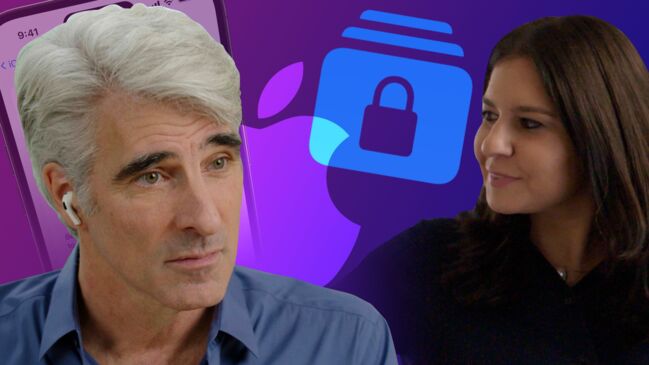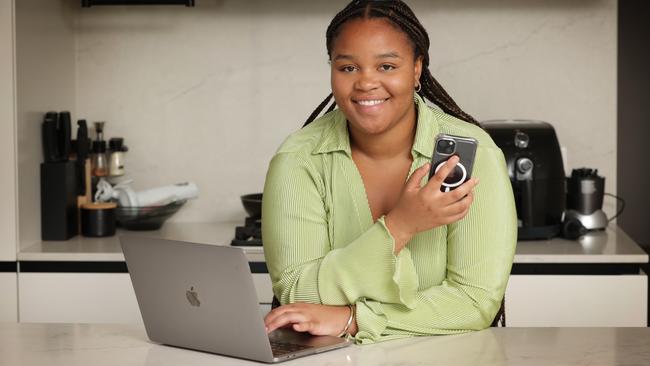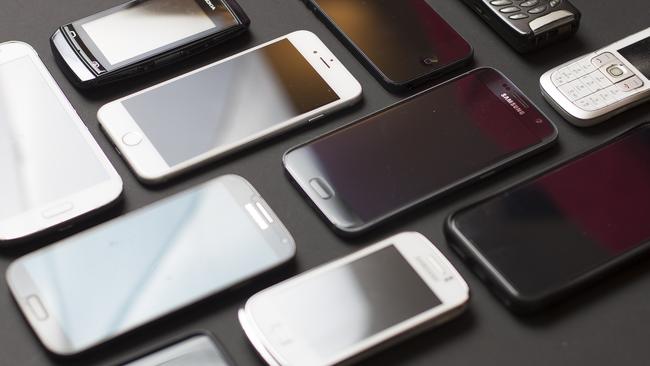World Backup Day: One thing Aussie phone owners must do
Aussies have lost more than 2.5 million phones in the past five years, worth an estimated $755 million. See the simple thing you can do to reduce the pain.

SmartDaily
Don't miss out on the headlines from SmartDaily. Followed categories will be added to My News.
A quarter of the population have never backed up their devices despite our growing reliance on technology and access to limitless data storage.
Sentimental family photos and home videos as well as contacts are regularly lost this way, according to a backup awareness survey.
With most of us glued to our devices, it’s crucial to take steps to protect them from theft or loss, especially when 2.5 million smartphones have been lost or destroyed in Australia in the past five years (or 1370 smartphones a day), says Finder tech expert Angus Kidman.
“That’s a whopping $755m estimated on replacing lost or busted smartphones,” he says.

Tyler Moffitt, senior security analyst at OpenText cyber security, says there are multiple reasons people don’t back up. These include lack of awareness, procrastination and false assumptions. Others see the process as being “too complex or time-consuming”.
“People often think they will back up their data later, but never get around to it,” Moffitt says.
“Many people don’t backup their phone because they think it’s already set to backup. While that may be true, the default settings will likely have a surprise when invoking the restoration.”
March 31 is World Backup Day, which aims to prevent data loss and remind us of the importance of protecting our digital assets. Here’s some expert tips to protect your data:
PREPARE FOR THE WORST
Kidman says storing photos, videos, documents and emails all in one place isn’t safe.
“If your phone gets run over by a car, you’re never getting any of those photos back if you don’t have a backup plan in place,” he says.
Technology commentator Geoff Quattromani agrees.
“A device being lost, damaged or stolen can mean all of your photos, contacts, appointments and more being gone forever. No one ever expects it to happen to them, but a spilled glass of water can be the difference between a working device and a faulty one.”

After Cynthia Ojah’s phone died, she purchased a new one – but she didn’t back up. So the 23-year-old from Melbourne lost all of her contacts and photos.
“It hasn’t ever been an immediate concern of mine and with work, my studies and life, I struggle to find time to set up everything so that my phone can be backed up,” Ojah says.
“I have everything essential to me stored on my phone. It’s a collection of all of my treasured and cherished moments over the past few years. I would be pretty devastated to lose all of them again.”
SECURE YOUR DATA
Quattromani urges everyone to back up their devices and reap the rewards.
“There’s reassurance that you have secured your important data,” he says.
“A single repository of all your data will make sharing across other devices easier.
“Backing up data also allows you to remove the local version from your device, freeing up space.”
Doing regular backups needs to be part of everyone’s routine, Kidman says.
“Most phones and computers have options to automatically back up to cloud services such as iCloud or OneDrive, but you need to make sure they’re enabled and running regularly,” he says.
“If you have a lot of data, you’ll likely need to pay for additional storage. For photos on your phone, daily backup to the cloud is probably enough.
“But for business information, you’ll want a more formal process and multiple generations of backups.”

STEPS TO SAFETY
Backing up devices can be simple, depending on the method used. Here are some general steps to follow:
• Choose a backup method: This can include cloud-based solutions, external hard drives, or other storage devices.
• Set up the backup software or service: Follow the instructions provided by the backup solution you’ve chosen.
• Schedule regular backups: Ensure that backups occur frequently and automatically to minimise the risk of data loss.
• Test your backups: Periodically check your backups to ensure that the data can be successfully restored.
Source: Tyler Moffitt, senior security analyst at OpenText Cybersecurity
Originally published as World Backup Day: One thing Aussie phone owners must do





